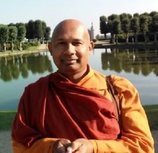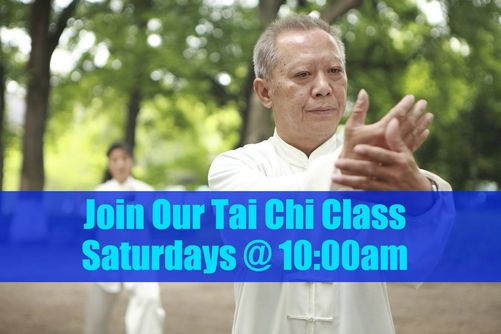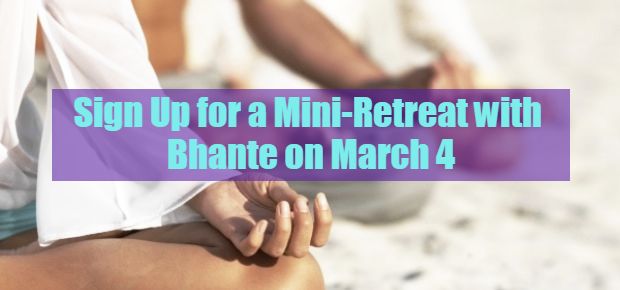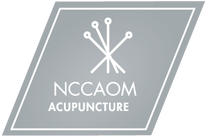Our mentally and emotionally-induced unnatural resistance to adjust our basic routines together with the seasons causes a clash between our internal environment (our physiology) and the external environment. Each morning for the past week, I have found myself to be a bit more tired than usual. There were nights when I went to bed a little late and nights I went to bed early, but it didn't make a difference. Some mornings I even felt a little tickle in my throat and others I noticed a slightly runny nose and little extra saliva in my mouth. Too much detail? Well there's a reason. When the seasons change, our bodies do the same. When the physical environment, and even the emotional environment, begin to change around us, our bodies, being the pros they are, automatically make an effort to change with them. If they didn't, we would enter an unfortunate state of dis-ease. Our mentally and emotionally-induced unnatural resistance to adjust our basic routines together with the seasons causes a clash between our internal environment (our physiology) and the external environment. This is the reason I personally prescribe the art and exercise of Tai Chi during these times of the year. Although there are numerous styles of this exercise, its overall gentle movements and calming nature provide one important element in this time of seasonal transition; Movement. A consistent Tai Chi practice during any seasonal transition, especially from summer to fall, will allow for a healthy experience of movement from one season to the next, no matter the type of climate. Whether you live in the northern or southern hemispheres, on the equator, or in Antarctica, there is always a transition in the environment, which has an inevitable effect on your body's physiology.
The main reason why practicing during the summer to fall transition is so important is due to the overall nature of the seasons. What I mean is, during summer exists the peak temperatures of the year in the external environment, which create physiological changes that lead to the release of heat (sweating) from our bodies. Or it can lead to something we refer to as warm diseases (think heat exhaustion) because our bodies are unable to release the heat inside of us leading to dangerous and sometimes life-threatening conditions. Additionally, as you may already be aware, there is a large amount of breathing occurring during the practice of Tai Chi. This breathing is a constant exchange of air and its contents between the external and internal environments which allow is to more rapidly create a level of balance between the two ultimately guided by a mindful approach to practice. After summer, we transition towards the colder seasons, first moving through fall; a season of dryness, chilly temperatures, and less and less movement in the outdoors (e.g. the beginnings of hibernation). So as you can see, if we live in these environments, then our bodies are certainly affected by them, and we must take appropriate action to adjust in parallel with them. What action is that? The action is Tai Chi. Which I believe, as a Licensed Acupuncturist, to be the single most effective form of exercise that offers and guarantees (with your consistent practice and close observation of your physiological changes) the opportunity for a healthy transition through any season change. So, if you usually struggle during these times of year, particularly from summer into fall and then into winter, start your Tai Chi practice as soon as you notice the seasons beginning to change. Don't wait! Unless of course you prefer to catch a cold, get the flu, dine on throat lozengers, suffer from sinus infections, and yell at the top of your fluid-filled lungs "I hate this season!" Peacefully,
0 Comments
 Last October, our health clinic was blessed with the presence of a Buddhist monk by the name of Bhante Dhammawansha. He visited our clinic to deliver a talk on the practice of mindfulness and how we can use it to reduce stress in our busy lives. His talk encompassed a variety of lessons, all of which were designed to free us from creating our own suffering. This blog is about these lessons. I hope they serve you and inspire you to join us on March 4 for a Mini-Meditation Retreat led by Bhante himself! Lesson #1: A Full or Empty Mind Does Not Equal Mindfulness
Lesson #2: Respond. Don't React
Lesson #3: Mindfulness Leads to Happiness
Lesson #4: Don't Make Yourself Blind (or Anyone Else)
"An eye for an eye only ends up making the whole world blind." - Mahatma Gandhi
Lesson #5: Lead By Example
If you found these lessons to be valuable, we hope you can join us on Saturday, March 4 for a Mini-Meditation Retreat led by Bhante himself. Details can be found here. (Registration is required.) Peacefully, Justin Flinner is the owner of My Metro Medicine and has worked in the exercise and health industries for nearly 20 years. He is a licensed medical practitioner, university professor, and national champion in Chinese martial arts. He has worked for numerous government and financial institutions in the nation's capital delivering programs, seminars, and classes on countless health topics. Please send any inquiries you have for Justin to [email protected].
|
Posted here are...inspirational ideas on healthy living through eastern medicine, optimism, and possibility through empowerment. Archives
March 2020
Categories
All
|
HOURS & LocationMondays-Thursdays 5:30-6:30pm (Tai Chi & Qigong only)
Fridays 5:00-6:00pm (Tai Chi & Qigong only) Saturdays 1:00-6:00pm (Acupuncture only) |
CONTACT Us |





 RSS Feed
RSS Feed



